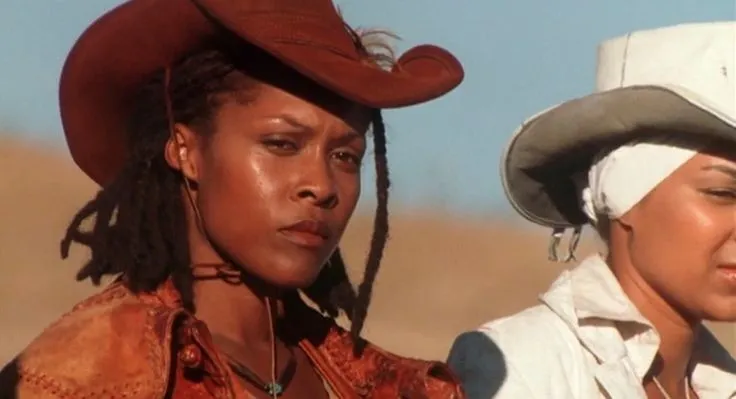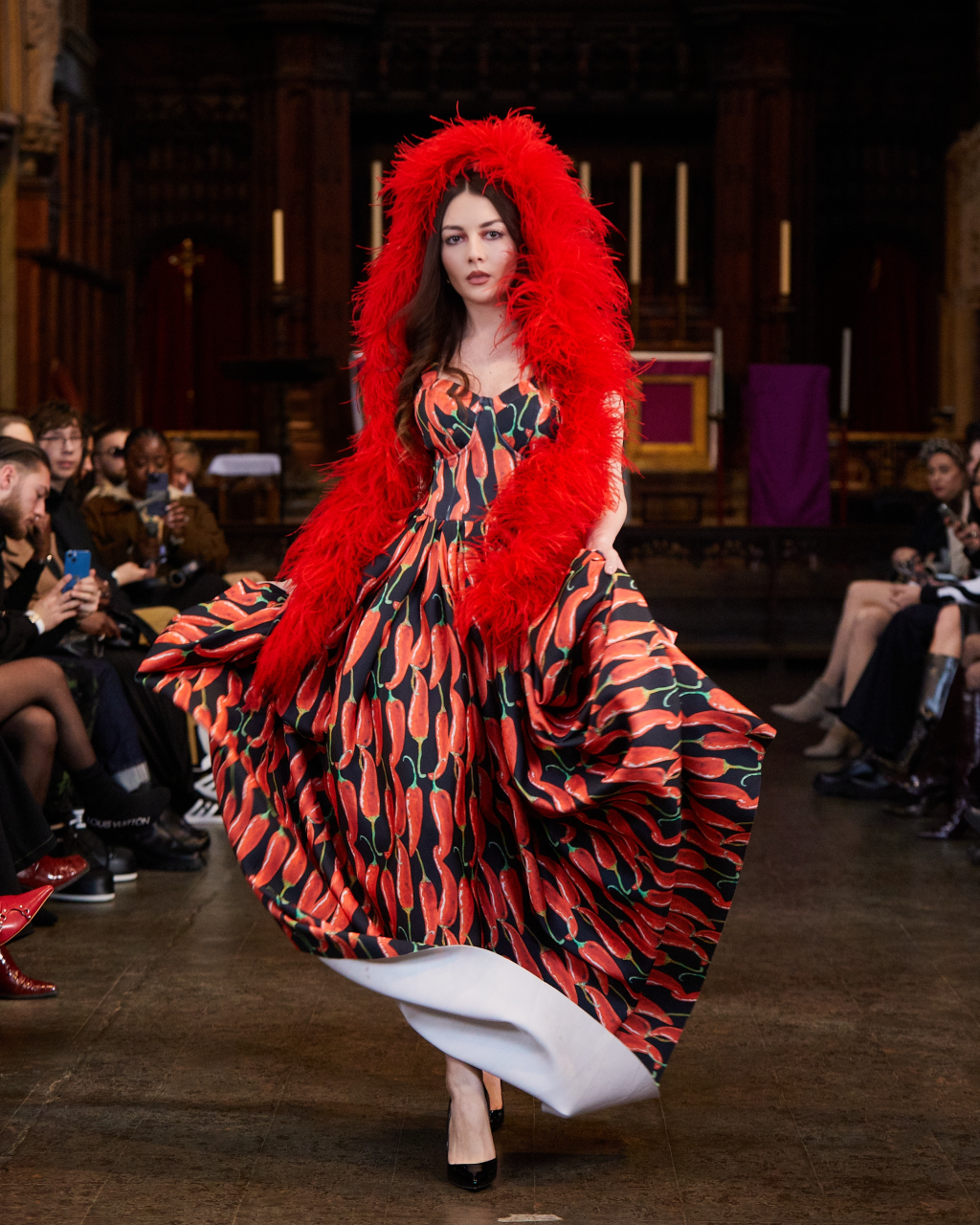Netflix’s Live to Lead is a docu-series categorised as “inspiring” and “intimate”, led by the legacy of Nelson Mandela, who inspired the leaders and changemakers selected for interview in their respective episodes.
Produced by Prince Harry and Meghan Markle [sadly the mainstream media are underreporting on a positive production and rather focusing on the scandal of another], the series carries through the empowering and moving lyrics and voice of Michael Kiwanuka’s Love & Hate, fitting the background of the tear-jerking stories in each 30 minute episode of this initial seven-part documentary.
Episode 1 – Ruth Bader Ginsburg
In one of her last interviews before her timely death, Ginsburg appears in the first episode of this docu-series and highlights listening as a main component for today’s world.
“Today, people tend to talk only to like-minded people…social media intensifies that.
“When once asked, how we could be friends given our disagreement on lots of things, Justice Scalia answered, ‘I attack ideas. I don’t attack people. Some very good people have some very bad ideas.’”
“Always do something outside yourself…You should use your education and your talent to help make things a little better for people who are not as fortunate as you are.”


Episode 2 – Greta Thunberg
“A year and a half ago I didn’t speak to anyone, unless I really had to. But then I found a reason to speak.”


Episode 3 – Bryan Stevenson
“Ms. [Rosa] Parks turned to me and said ‘Tell me what the Equal Justice Initiative is. Tell me what you’re trying to do.’ I said, ‘We’re trying to do something about the death penalty. About kids being prosecuted as adults. Trying to do something about prison overcrowding. We’re trying to do something about the mentally ill. About racial bias. Trying to do something about poverty, about segregation. About these conditions of confinement.’
“Gave her my whole rap. When I finished, she looked at me and said, ‘That’s gonna make you tired, tired, tired.’ That’s when Ms. Carlene Ford said ‘That’s why you’ve got to be brave. brave, brave.’”


Episode 4 – Jacinda Ardern
“If I could distill it down into once concept that we are pursuing in New Zealand it is simple and it is this – kindness.”
Ardern has been critiqued for not being ‘assertive enough’ and her empathy has been seen as a sign of weakness.
Instead, she says, “We need our leaders to be able to empathise with the circumstances of others, to empathise with the next generation that we’re making decisions on behalf of. And if we focus on being seen to be the strongest, most powerful person in the room, then I think we lose what we’re meant to be here for. So I’m proudly focused on empathy because you can be both empathetic and strong.”
Whilst watching, my mum commented how incredible she is and that she doesn’t sound like a politician. I agreed (we all adore her) and said that’s the irony of it all because that’s exactly how politicians should sound.


Episode 5 – Siya Kolisi
“I think if everybody just puts aside what they want for themselves, and just think what others need. And I think if we take that as global citizens, as people of the world, as people of South Africa.”


Episode 6 – Gloria Steinem
“Because society had told me that my group was second-class or supportive at best, I kind of believed it. And if I got a little bit up in the world, I didn’t want to associate with members of my own group.
“That kind of dislike of oneself and of one’s own group is something that the women’s movement has helped to cure, and it’s very joyful now to see women making a connection with other women because, at last, we respect ourselves.”
Steinem talks about how different groups, be it gender or race, can split when an individual reaches the top and sees the others differently. She reechoes Ginsberg’s message that community is the foundation.
“Hate generalises. Love specifies.”


Episode 7 – Albie Sachs
Sachs is a white South African activist, writer and lawyer who stood at the forefront for the rights of black people during Apartheid. After his release from prison and exile to Mozambique, he was the target of an assassination bomb attack in his car, by the South African Security Services, where he lost one arm and sight in one eye. Nelson Mandela later appointed Sachs to the Constitutional Court of South Africa.
Sachs talks about offering forgiveness to the man responsible for his bombing.
“He wants to see me before he goes [to the Truth Commission]. He comes up to my chambers office, as a judge. We have an extraordinary conversation. He tells me about his youth, and how good he was at school, and how quickly he got ahead in the army. He’s so proud. He got ahead. He became a top member of the hit squad.
“And this is where the curiosity in me is just, like, rather amazed. There’s a naivety to his expression. But he’s going to the Truth Commission. He’s gonna tell the story. It required courage for a soldier to break ranks, to join the new South Africa.


“I forgot about him, and six months later, I’m at a party, and I hear a voice saying, ‘Albie!’ I look around. It’s Henri. I can’t believe it. He’s beaming. He said, ‘I went to the Truth Commission[…] and I told them everything and you said, one day, if we met, maybe you could shake my hand.’ And I put out my hand. I shook his hand.
“He went away elated. I almost fainted. But I heard afterwards, he had broken away from the party and gone home and cried for two weeks. I don’t know if it’s true. I want to believe it’s true. But to me that would be more important than sending him to jail. Restorative justice, different forms of accountability, we’re now starting to live in the same country. For me, that’s miraculous.”
“There’s a very strong African concept called Ubuntu. I’m a person because you’re a person. I can’t separate my humanity from acknowledging respect to your humanity.”
“Live your life for yourself. Don’t even model yourself on Albie [me], who’s speaking to you about how to live your life. Model yourself on yourself. In that sense, don’t follow your dreams, follow your life. Your dreams follow you.”





Leave a comment